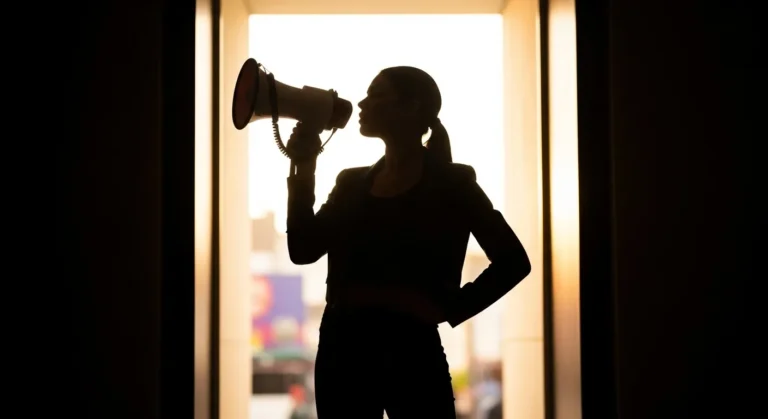
Case Study: Joe Rogan and the Austin Comedy Wave
To understand the domino effect a single celebrity move can have, one needs to look no further than Joe Rogan. His 2020 relocation from Los Angeles to Austin was not just a personal decision; it was a cultural catalyst that has tangibly reshaped the American comedy scene. Rogan, as the host of one of the world’s most popular podcasts, holds immense influence, and his very public endorsement of Austin as a new creative base had an immediate and profound impact.
In numerous episodes of The Joe Rogan Experience, both before and after his move, Rogan articulated his frustrations with California. He spoke of rising crime, homelessness, and a political climate he found stifling to open discourse. He contrasted this with his vision of Texas as a bastion of “more freedom.” When he finally made the move to a multi-million dollar estate in the Austin area, he brought his entire production with him, signaling a serious and permanent shift.
Almost immediately, a wave of other prominent comedians and media figures followed suit. Comedians like Tom Segura, Christina Pazsitzky, and Ari Shaffir, all friends and frequent guests on Rogan’s podcast, also relocated to Austin. This migration was not coincidental. They were drawn by the same combination of financial benefits and lifestyle changes that attracted Rogan, but also by the promise of joining a burgeoning creative community centered around their peers.
This influx of talent has led to the rise of Austin as a new hotspot for stand-up comedy. Rogan has been instrumental in this development, backing the opening of his own dedicated comedy club, Comedy Mothership, in downtown Austin in 2023. The club, located in the city’s historic Ritz Theater, instantly became a premier venue, attracting top-tier comedic talent from across the country. Its presence has had a ripple effect, bolstering other local comedy venues and creating a vibrant, competitive scene that many now compare to those in New York and Los Angeles.
The “Rogan effect” provides a clear mini-example of how celebrity lifestyles and business decisions can reshape cultural geography. His move wasn’t just about one person changing their address. It was about transplanting the center of a vast media ecosystem, complete with its network of creators, producers, and a massive global audience. This case demonstrates that the celebrity migration to Texas is not merely a collection of isolated decisions but a trend with the power to build new industry hubs from the ground up, challenging the long-held dominance of traditional coastal centers.











